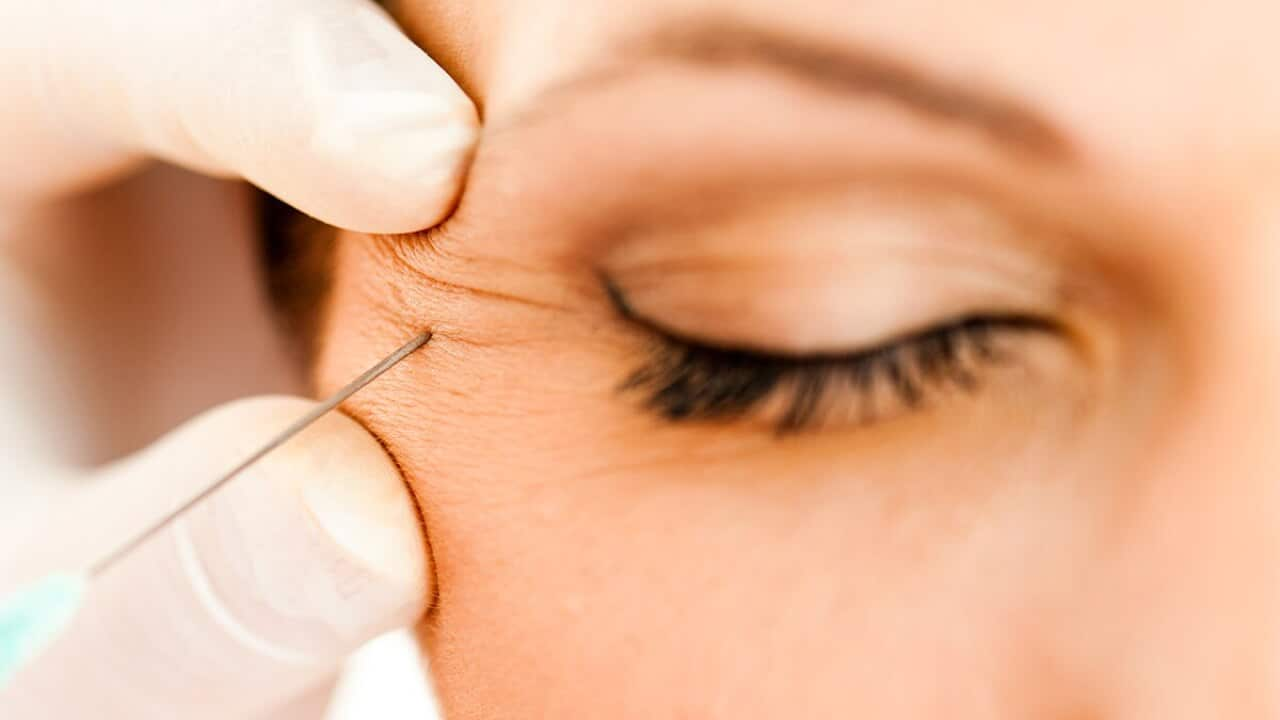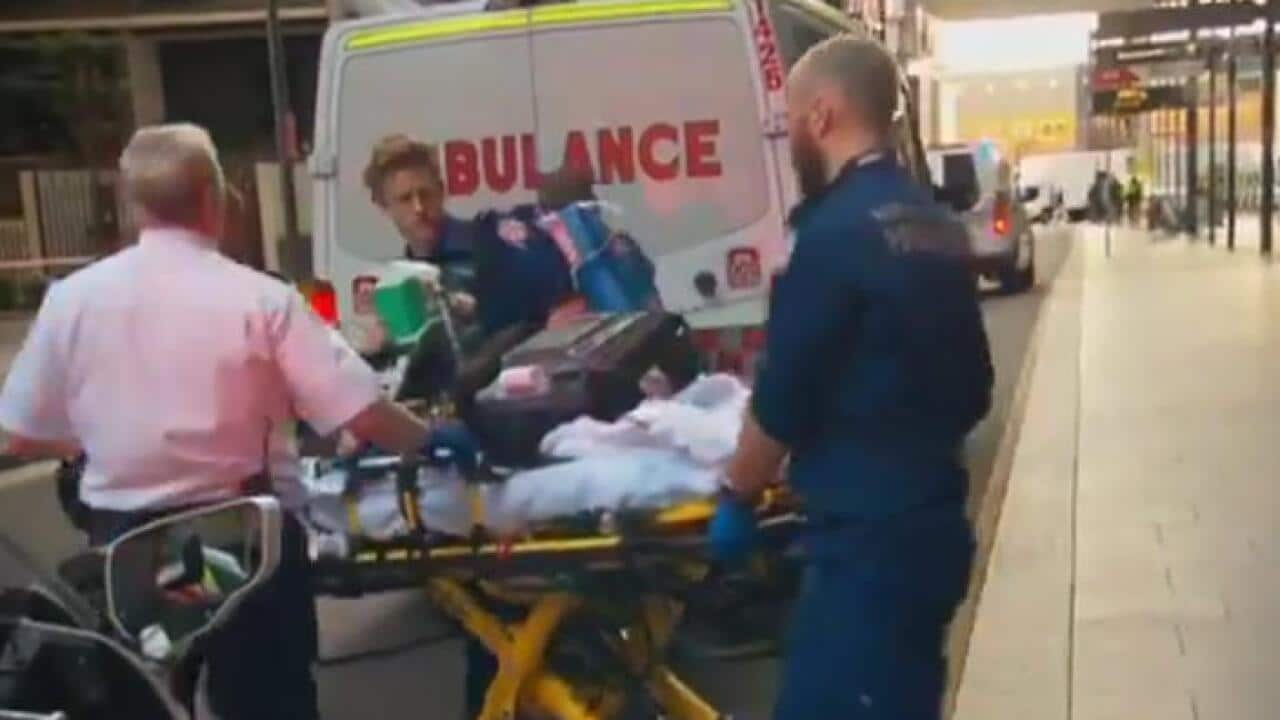In 2017 the manager of a beauty clinic in Sydney died after filler was injected into her breast by two women with no medical training for such a procedure.
Jean Huang’s death kick-started an extensive public discussion about illegal beauty clinics in Melbourne and Sydney’s Chinese communities, but failed to scare Chinese-speakers away from seeking cosmetic treatment from unqualified Chinese practitioners. One cosmetic surgeon that SBS Mandarin spoke to said that Chinese customers often opted for unqualified practitioners in their own community because of a language-barrier. The surgeon and member of the Chinese-Australian Cosmetic Industry, asked to remain anonymous.
One cosmetic surgeon that SBS Mandarin spoke to said that Chinese customers often opted for unqualified practitioners in their own community because of a language-barrier. The surgeon and member of the Chinese-Australian Cosmetic Industry, asked to remain anonymous.

Jean Huang, 35, died after a botched cosmetic procedure at a clinic she managed in Sydney. Source: supplied by Facebook
“They prefer Chinese-speaking practitioners, who presumably understand what they want, for procedures like double eyelid and breast surgery,” they said.
An undercover journalist of the SBS Mandarin program visited a 'beauty clinic' in Southbank, Melbourne, that operated out of a beautician’s home in an apartment building. The beautician only had a degree in accounting but no accreditation in medicine or cosmetic surgery. The receptionist of this Melbourne clinic spoke openly to SBS’s journalist about the Korean drug they used for the surgery, which was imported into Australia in a suitcase – a common practice among illegal clinics.
On Friday March 16, 2018, a Chinese man travelling on a Canadian passport was stopped at Melbourne Airport by Border Control. His luggage contained about 40 syringes, needle-tips and a variety of beauty treatments. According to the cosmetic professional that SBS Mandarin spoke to, surgery supplies need to be smuggled into Australia by illegal operators in the industry because only medical personnel can legally purchase it in Australia.
According to the cosmetic professional that SBS Mandarin spoke to, surgery supplies need to be smuggled into Australia by illegal operators in the industry because only medical personnel can legally purchase it in Australia.

Source: Australian Border Force
The anonymous practitioner SBS spoke to for this investigation said potential customers were more likely to assume sleek-looking beauty clinics equipped with a lot of medical apparatus were trustworthy, legitimate businesses. When, in actual fact, they were far from. One Chinese customer -- who asked to have her identity hidden to avoid repercussions in her tight-knit community -- revealed how she was persuaded to trust one such well-presented beauty clinic, and how she became the victim of a horrific failed eyelids surgery.
One Chinese customer -- who asked to have her identity hidden to avoid repercussions in her tight-knit community -- revealed how she was persuaded to trust one such well-presented beauty clinic, and how she became the victim of a horrific failed eyelids surgery.

Source: The Medi Beauty Clinic website
Lina’s* beauty practitioner was recommended by a friend. She contacted the beautician using the Chinese language chatting app, WeChat, to coordinate an eyelids sliced surgery. Lina trusted the practitioner because she was shown a certificate that led her to believe the clinic was regulated under Australian legislation.
When Lina arrived at the clinic, there were no other clients, nor was there a nurse or receptionist; it was just the practitioner and her. Lina had no idea of the long, painful journey she had just signed herself up for.
“[The doctor] put her hand on my eyelid when injecting and it hurt very badly,” she said. “The surgery took a very long time, and I hurt badly for the 2-hour surgery. I couldn’t help shout, ‘Ouch, that hurts’, but I couldn’t do anything but wait.”
Two weeks after the surgery, the line stitched under Lina’s right eyelid was broken. She had to return to the clinic to redo the surgery and went through the painful experience all over again.
Four months later, Lina found her eyes were still uneven and the practitioner had already gone back to China. When she went to a certified clinic, she was told by the doctor her surgery was a failure.
Afterwards, Lina kept the story of her botched surgery to herself. She feared reporting her case to authorities because she thought it could lead to her getting “into trouble” with the law. Lina also feared the person who performed the procedure might take revenge on her for speaking out.
*not her real name
Share

